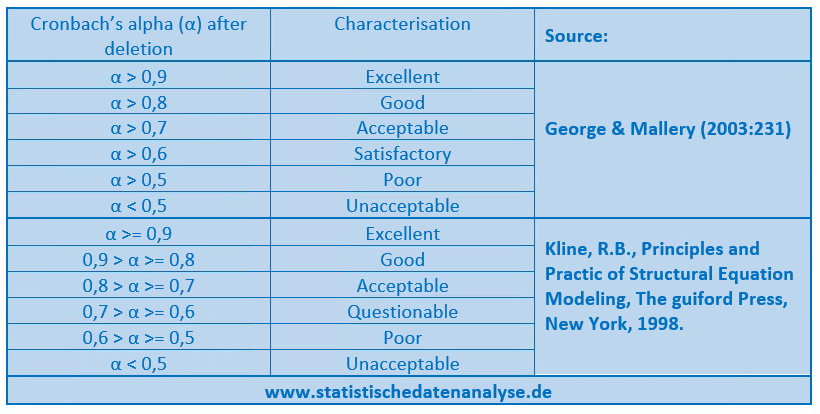Video - Decoding Cronbach’s Alpha: Mastering Reliability Tests - How to interpret Cronbach’s Alpha coefficients
Statistische Beratung und Datenanalyse Leonardo Miljko - Statistical Agency
Video - Decoding Cronbach’s Alpha: Mastering Reliability Tests - How to interpret Cronbach’s Alpha coefficients
Cronbach’s Alpha coefficients - How to interpret Cronbach’s Alpha coefficients with
Cronbach’s Alpha is a measure of internal consistency, reliability, and homogeneity of a scale or test. It indicates how well the items in a set are positively correlated with each other.
A high value of Cronbach’s Alpha, close to 1, suggests that the items are highly correlated and the scale is reliable.
On the other hand, a low value, close to 0, indicates poor correlation among the items and the scale may need revision.
Interpreting Cronbach’s Alpha involves understanding the relationship between the scale items and the overall scale. It is important to note that a higher number of items in a scale can lead to a higher value of Cronbach’s Alpha.
Therefore, it is essential to consider the context and the specific scale being used when interpreting the results.
In conclusion, interpreting Cronbach’s Alpha requires a careful analysis of the scale items and their correlation to ensure the reliability and consistency of the scale or test. For more information and statistical guidance, visit our website at www.StatistischeBeratung.de .





